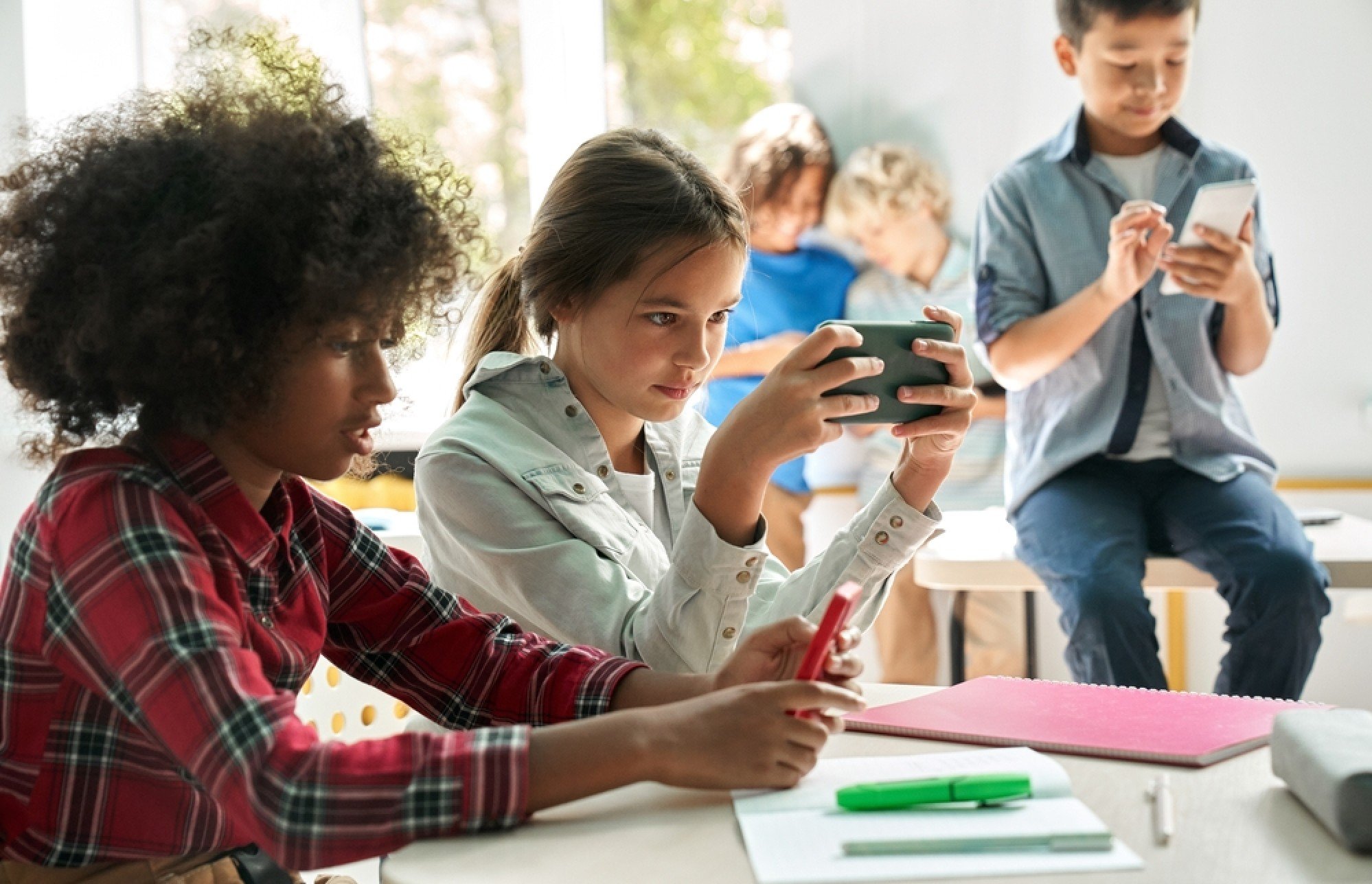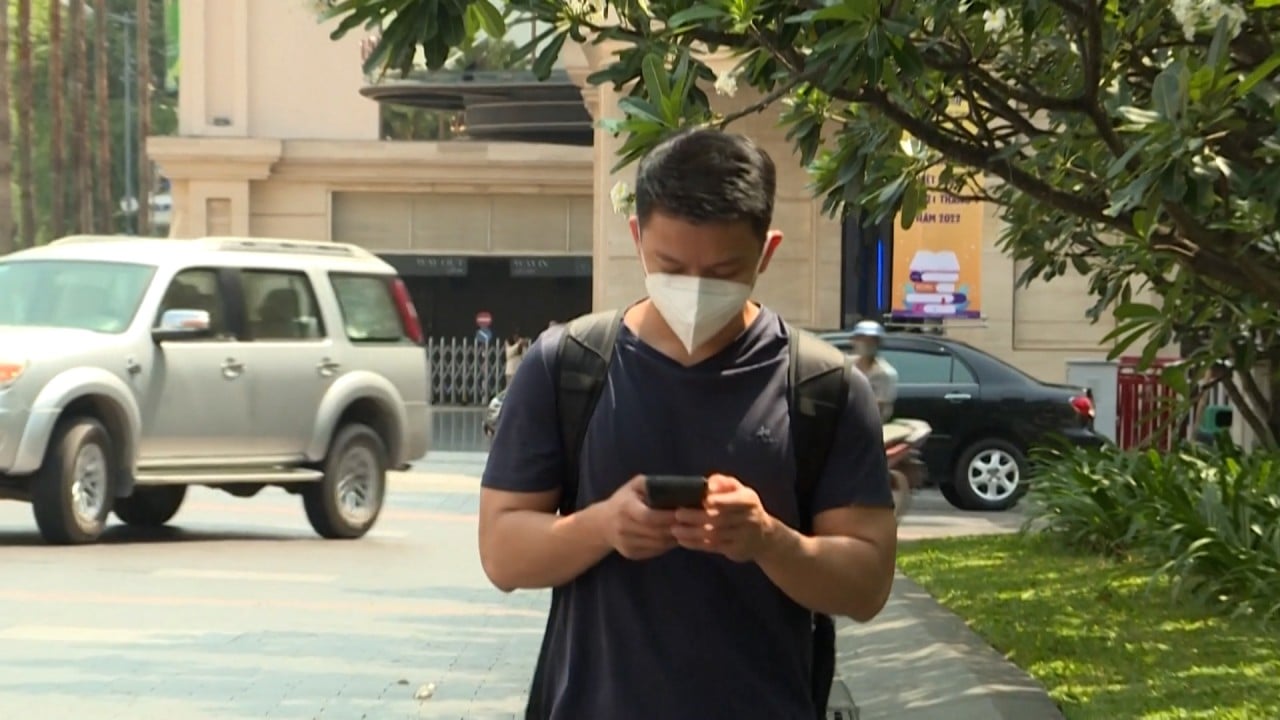
Schools determined to keep social media out of the classroom are not doing students any favours
- Schools that see social media as a waste of time and a detriment to pupils’ learning are out of step with our rapidly digitalising world
- Given the number of young people dreaming of a career in online content creation, we need teachers to help students safely explore digital spaces
But outside the school gates, the world has increasingly embraced social media over the past decade.
Social media represents a far bigger portion of the digital ecosystem, and the world, than it did 20 years ago. New technologies have proliferated, such as AI, big data, cloud computing and mobile technologies.
At the same time, new jobs have been created: data scientist, user experience designer, social media manager, digital director and SEO strategist. It is possible to become self-employed as an online content creator, influencer, YouTuber or podcaster.
This survey result may disappoint teachers. But even if they accept that becoming an online influencer is a legitimate aspiration and are willing to help, they might not know how.

Yet there is no getting rid of social media; pupils will continue to use it. Telling teens that it’s unhealthy is useless; people don’t usually change their behaviour by being told something is bad for them. Taking away students’ smartphones for a week won’t help, either.
There are many practical and relevant skills related to social media that can be taught in schools, such as how to fact check, spot scams or fake news, and assess the credibility of online content, how to value real life experiences over digital representations, and how to deal with cyberbullying.
For students who aspire to run an online business, it’s important to learn the virtues of being creative, persistent and hardworking, as well as to accept failure. Being an entrepreneur is not an easy task. It’s often said that as many as 90 per cent of new businesses fail.
Crucially, embracing social media in education means creating a space where related mental health issues can be addressed openly and safely.
The idea is to turn students’ passive social media consumption into active and entrepreneurial thinking. This may sound unrealistic, or even absurd. After all, there are no school subjects on social media. There are no exams for it. Teachers are not trained in it, and there are no resources for it. It seems like a waste of time.
Hong Kong needs tech talent, but young people still prefer to be doctors
However, if we look to the future and acknowledge that social media is here to stay, schools have a choice: fear it as something out of teachers’ control, or take it as an opportunity to redefine learning strategies.
April Zhang is the founder of MSL Master and the author of the Mandarin Express textbook series and the Chinese Reading and Writing textbook series


